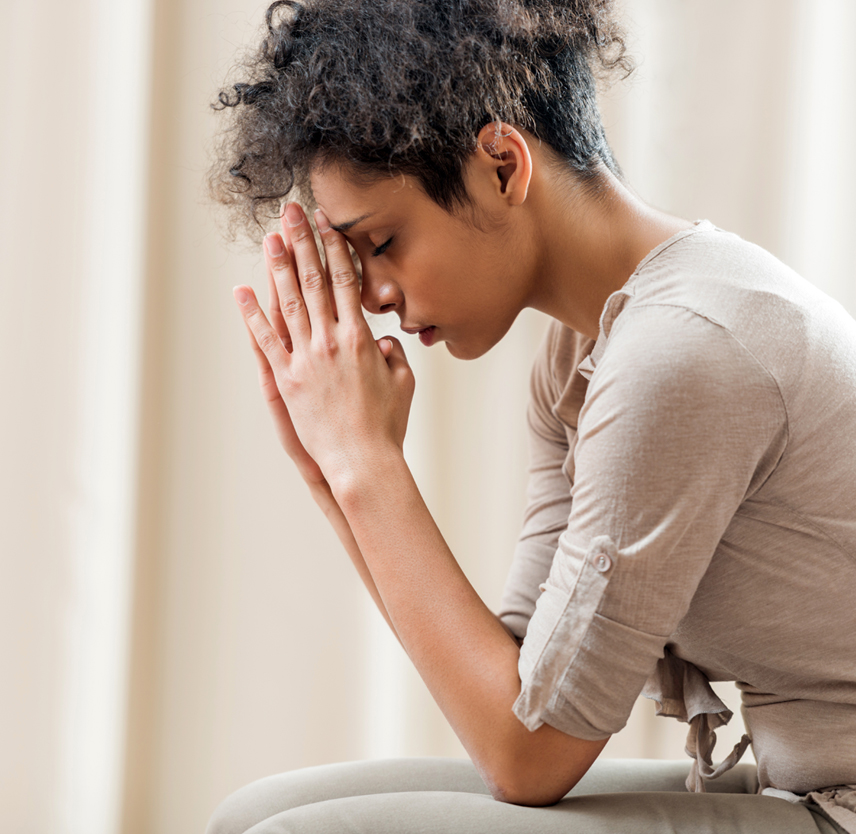
What is the greatest barrier to getting treatment for depression following a brain injury?
The greatest barrier to getting treatment is that people don’t want to be labeled as being depressed. So we try to avoid labeling people. It doesn’t really help to say, "You’re depressed." Instead, I want to say, “Listen. On this assessment we just did, you told me that you’re not sleeping, you feel bad about yourself, you feel down and blue, you don’t enjoy anything anymore. You feel fatigued. Sometimes you have thoughts of death or suicide. We have ways we can help you recover from those symptoms, and I’m wondering if you’d be willing to work with us on that.”
Related Resources
- Depression After Brain Injury: What You Need to Know
- How Common Is Depression After Brain Injury?
- Why Is It So Important to Talk About Emotional and Psychological Recovery After Brain Injury?
- The Process of Adjusting to Life After a Brain Injury
- How Can Depression Affect Recovery from Brain Injury?
- Why Is It So Critical to Treat Depression in People with Brain Injury?
- Why Does Being Active Relieve Depression?
- How Does Ambiguous Loss Impact a Person with a Brain Injury?
About the author: Charles Bombardier, PhD, MS
Charles Bombardier, Ph.D., M.S., is a board-certified clinical psychologist at the Rehabilitation Medicine Clinic at Harborview, head of the Clinical and Neuropsychology Department at UW Medicine and a UW professor of Rehabilitation Medicine. His research interests include treating major depression with exercise, counseling or medication and promoting healthy behaviors and reducing substance use in people with physical and/or cognitive disabilities.

